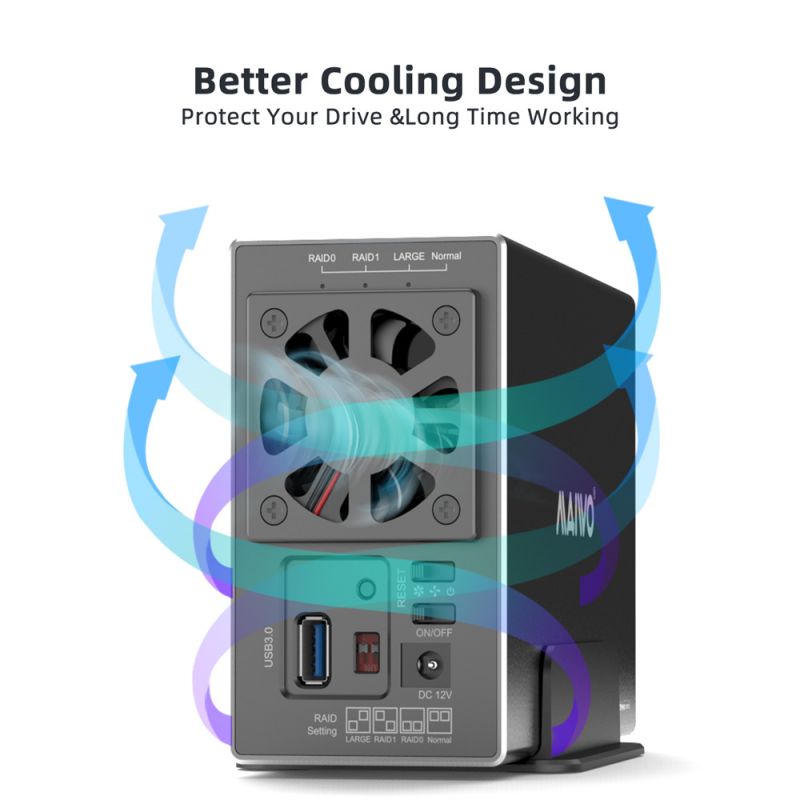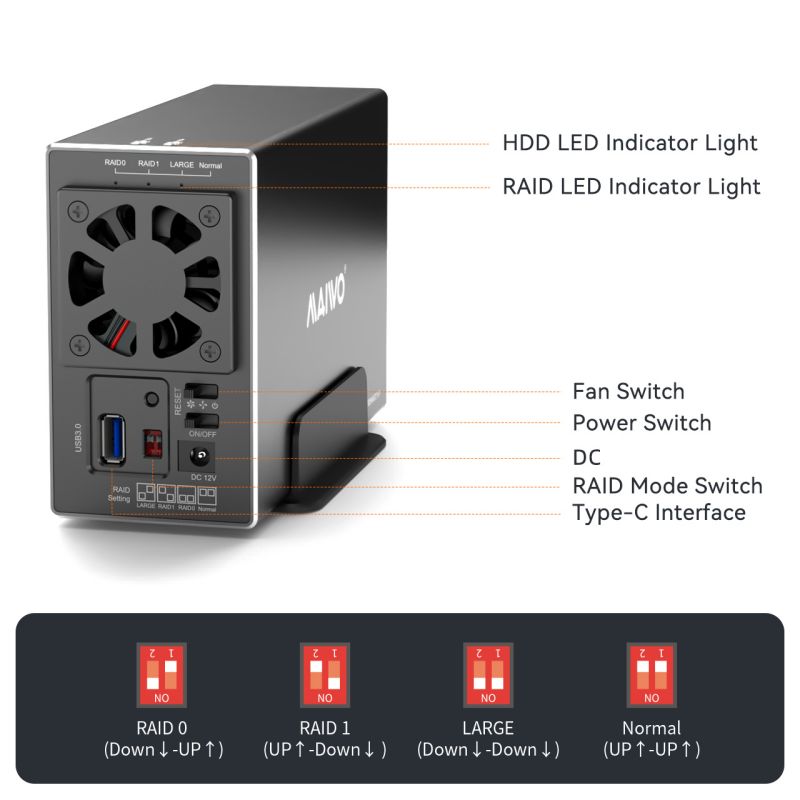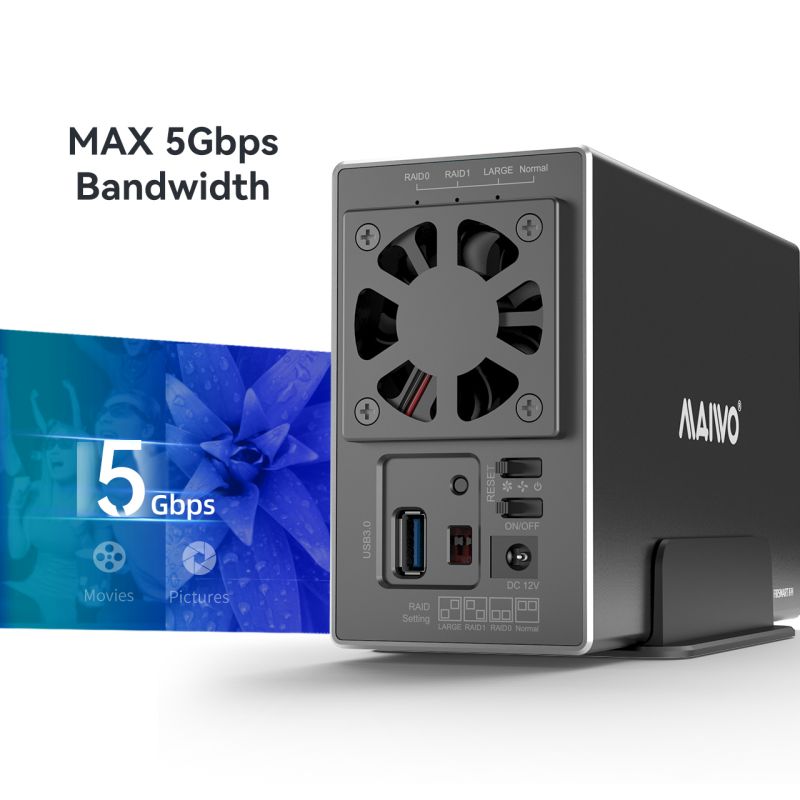Hard drive docks have become increasingly popular as versatile tools for accessing and managing data stored on hard drives. These docks offer a convenient solution for users who need to quickly connect and access data from external hard drives without the need for complex installations or configurations. However, one common question that arises is whether hard drive docks require additional software installation. In this article, we'll delve into the functionality of hard drive docks, explore whether they require additional software, and discuss their benefits in various storage setups, including RAID drives and external hard drive enclosures.
A hard drive dock, also known as a docking station or HDD dock, is a device designed to provide a convenient way to connect internal hard drives externally to a computer or other devices. These docks typically feature slots or bays where users can insert internal hard drives, allowing them to quickly access and transfer data without the need for installing the drives internally. Hard drive docks come in various configurations, including single-drive docks and multi-drive docks that support multiple hard drives simultaneously.
One of the key advantages of hard drive docks is their plug-and-play functionality, which allows users to connect and access hard drives without the need for additional software installation. When a hard drive is inserted into the dock and connected to a computer via USB, eSATA, or other interfaces, the operating system recognizes the drive as an external storage device, enabling users to access its contents through file explorer or other file management applications.
In most cases, hard drive docks do not require additional software installation to function properly. The operating system's built-in drivers recognize the docked hard drive and enable users to read and write data to it without any additional configuration. This makes hard drive docks a convenient and hassle-free solution for accessing data stored on internal hard drives.



The simplicity and versatility of hard drive docks make them ideal for various storage applications, including:
Data Backup and Recovery: Hard drive docks facilitate easy data backup and recovery by allowing users to quickly connect and access backup drives as needed.
Data Migration: Hard drive docks are useful for transferring data between different hard drives or upgrading to larger capacity drives without the need for complex installations.
RAID Configurations: Some hard drive docks support RAID configurations, allowing users to combine multiple hard drives into a single logical volume for enhanced performance or data redundancy.
External Hard Drive Enclosures: Hard drive docks can also be used as external hard drive enclosures by inserting internal hard drives into them and connecting them to computers or media players via USB or other interfaces.
In conclusion, hard drive docks offer a convenient and versatile solution for accessing and managing data stored on internal hard drives. While some storage setups, such as RAID configurations, may require additional software or configuration, most hard drive docks operate as plug-and-play devices that do not require additional software installation. Whether used for data backup, data migration, RAID configurations, or external storage enclosures, hard drive docks provide users with a simple and efficient way to access and manage their data with ease.